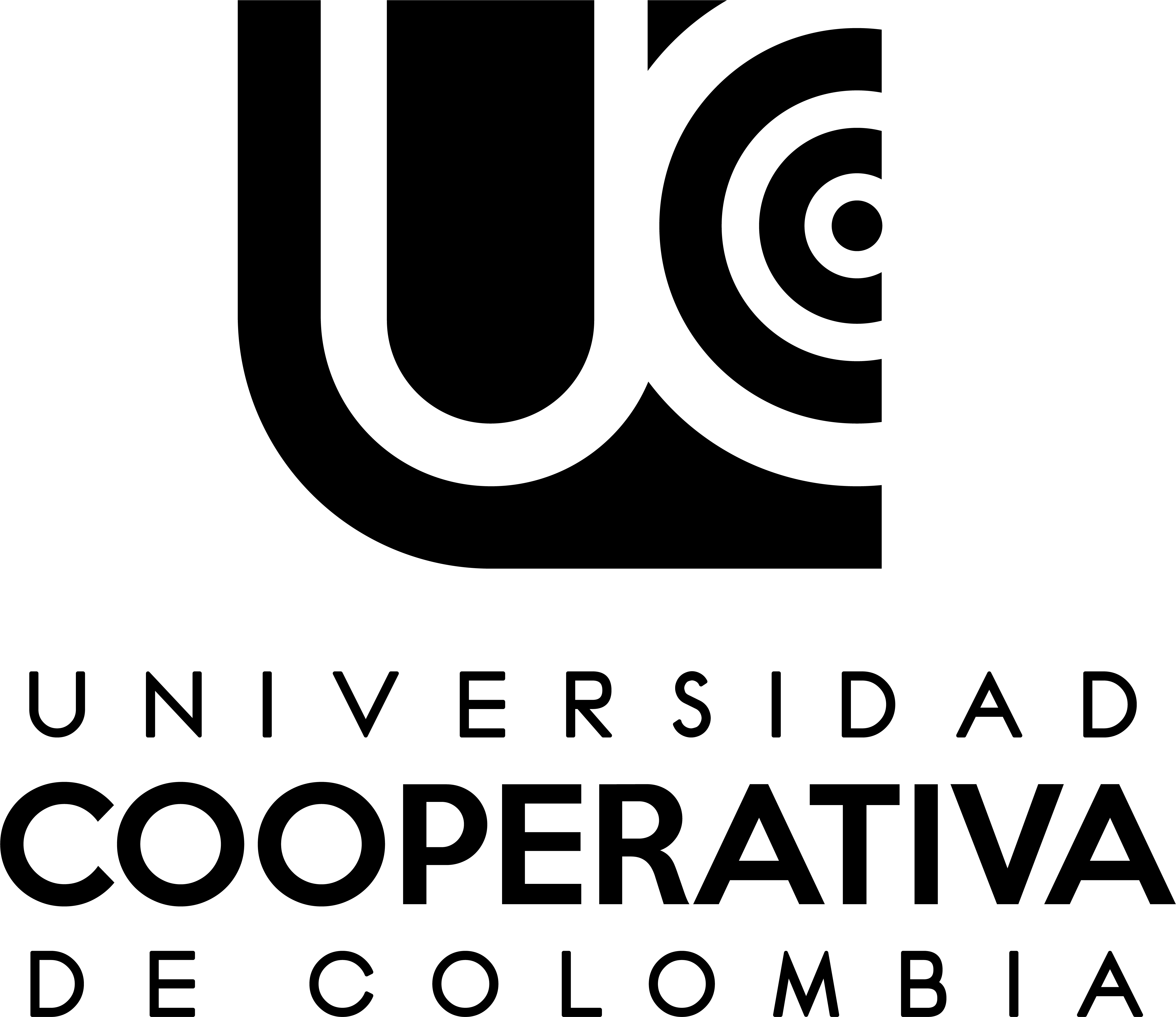Pedagogical Support Tools : Integrating Digital Tools for Learning about AC Electrical Circuits within Electronic Engineering
Introduction: This article is a product of the scientific research “Analysis of the impact of including interactive platforms oriented to electronic engineering education” developed at CESMAG-Colombia University and the university corporation AUNAR-Colombia between 2021 and 2023.
Problem: What is the impact on student learning with the inclusion of digital tools (virtual reality, augmented reality, and multimedia) for support in the alternating current (AC) academic space in electronic engineering?
Objective: To analyze the impact on student learning by including digital tools (virtual reality, augmented reality, and multimedia) to support the alternating current (AC) academic space in electronic engineering.
Results: The research results indicate a significant increase in the student’s motivations when using support tools, especially the development of augmented reality (AR), which had a great reception, and the students who used this tool obtained the best grades in evaluating the selected topic.
Conclusions: As demonstrated throughout the development of this project, these digital tools can significantly support understanding topics that are difficult to visualize within a classroom, thus achieving improved motivation through the tests performed and evidencing that the methodology with AR and virtual reality (VR) had a better reception.
Originality: This work compares the three technologies, VR, AR, and multimedia, allowing us to establish their advantages in their application in university education.
Limitation: This research was developed specifically with the inclusion of digital tools with CA circuit students at CESMAG University, so it does not deal with other types of students going to review Lenz’s Law.











